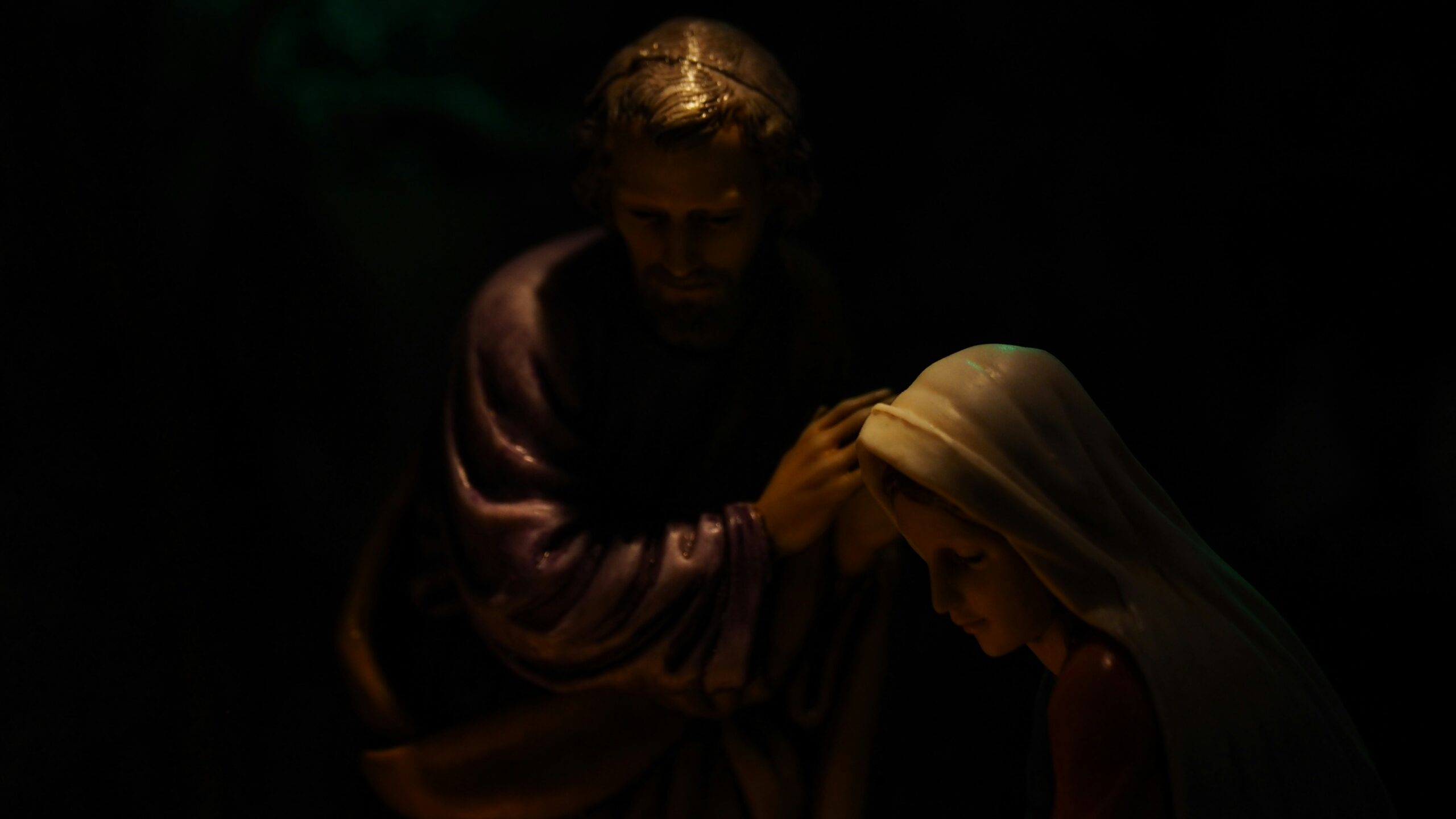Recently, we were confronted with two extreme situations, each evoking a polar opposite range of emotions.
A dear friend of ours who was suffering from glioblastoma, an aggressive brain cancer that had sunk tentacles deep into both sides of her brain rendering it inoperable and giving her but a few months more to live, was miraculously healed. An MRI from three months prior showed a tumor the size and shape of a large goldfish. Last week’s MRI showed nothing. The tumor was completely gone. Ecstasy and praise of God’s miraculous healing abounded. God had displayed His glory in the most dramatic way possible by removing a deadly incurable tumor.
At the same time, another friend was admitted to hospice care, apparently losing her battle with an aggressive type of cancer that has spread through her neck, lungs, and abdomen. She is a pastor’s wife with a young family, and fervent prayer for miraculous healing appears to have gone unanswered.
What gives? Why heal one and not the other? The human mind wrestles with the intentions of a God who sometimes heals and at other times doesn’t, even when equal amounts of faith, expressed in ardent prayer, are present.
These recent situations almost mirror a similar case we experienced in a church we served many years ago, where one woman with advanced breast cancer was miraculously healed, and another, at the same time, wasn’t and ended up dying. We earnestly sought God for answers, wrestling with questions of faith, divine love, sovereignty, and the reasons why these things happen.
Our heavenly Father dealt with us wisely and patiently. Much of our questioning Him, His fairness, and HIs intentions, stems from the fact that His ways and thoughts are higher than ours (Isaiah 55:8,9). In the rawness of our emotions when confronted with pain, we often default to our human reasoning and expectations to try and make sense of the situation. and its pain. But God’s thoughts and ways, His plans and purposes usually defy human reason, and it takes time, earnest seeking of His mind, and listening to what He reveals to us to see things His way.
I think that at the heart of the matter lies God’s passion for His glory. Perhaps that sounds vain at first until you remember that God is the only perfect being in the universe He created and that nothing and no one exists of greater worth, beauty, holiness, and glory. That glory, and His nature of love that is wrapped in it, flow to us in daily grace, faithfulness, loving kindness, and the workmanship by which He forms Christ in us (Romans 8:29, Ephesians 2:10).
In sinful human nature, God’s passion for His glory and our passion for our glory are on a collision course. The heart of our sin-soaked nature is that we want to be like God and determine our own destiny. The clay wants to say to the potter, “what are you making?” (Isaiah 45:9). That is why our sin nature is deeply offensive to God, and we must repent before we can truly receive His forgiveness in Christ.
Repentance is a 180-degree turn – a spiritual u-turn, so to speak. It is, in a real sense, a turning away from a passion for our glory to a passion for His glory. I think that’s the spirit beneath the parable that Jesus told His disciples about the buried treasure and the pearl of great price, both of which evoked such a passion in the finders that they spent all their resources obtaining them (Matthew 13:44-46). Simply put, we go from living for ourselves to living for God. That’s a dramatic change of heart and desire, one that God intends to keep growing throughout our lives, and one that gets put to the test every time we are confronted with pain and suffering.
Back to the two extreme situations. About the two ladies with breast cancer, God showed us that His desire was to glorify Himself through the healing of one, and the death of another. And indeed, the young lady who died ministered to many in her suffering through her peace and strength of faith. Hospital staff came to Christ, the whole church received valuable lessons in spiritual growth, and she wrote letters to her children for each of their birthdays, to be opened in the years to come. There was an awe-inspiring aura of supernatural glory about her death.
The healing of the other lady brought with it its own set of faith-boosting worship of His glory. through first-hand witness that God is able to defy medical knowledge and reverse a life-threatening condition.
The same goes for our two friends today, many years later. One is glorifying God and inspiring others through the miraculous disappearance of her cancer, and the other is glorifying God and inspiring others through her persistent spiritual strength and peace amind her pain.
In both cases, the greatest peace for those who go through their situations with them is found not in asking if we had enough faith to affect the outcome, or if God is fair, but in asking: “How does God want to display His glory, and what does He want us to learn from it?”
We still rejoice with one and grieve with the other, but putting our passion for His glory above our own desires makes both grief and joy constructive and not selfish. And it leads us to greater wisdom, deeper love, and a stronger faith in the God Who assured us that His plans for us are to prosper us and not to harm us (Jeremiah 29:11).
That is also where we learn to acquiesce in the knowledge that His idea of prosperity is not ours and that His is always better. It is how He intends for us to grow in the image of Christ, and in the steadfastness of our faith and character (James 1:2,3).
The choice is ours: do we question, or acquiesce? Do we seek our interests and desires, or do we seek His glory and loving intentions, knowing that they are higher than our human logic? Do we lash out in our pain, or embrace it as God’s scalpel to excise what stands in the way of greater spiritual health?






